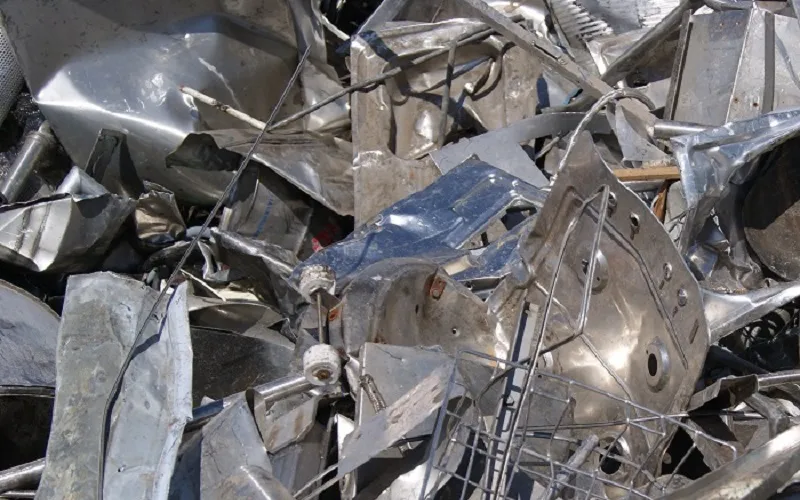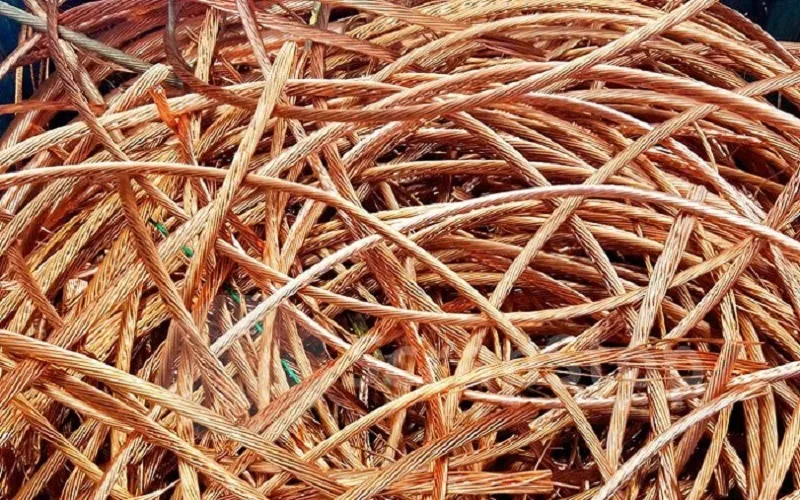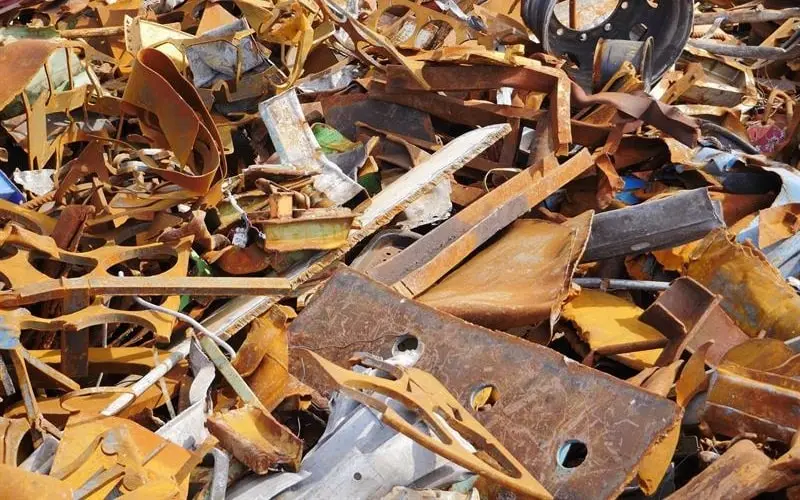Are We Running Out Of Metal?
Reclamet Limited
View ALL WASTE SERVICES
Reclamet Limited
View ALL WASTE SERVICES



Are We Running Out Of Metal?
Almost everything is Metal. The phone, computer, or device you use to read this news article contains Metal. Every year, a wide range of products are created and sold, each with Metal. This raises the question: Are we running out of Metal? How can we sustain such a high demand for metals?
What Is a Non-Renewable Resource?
A natural substance consumed faster than it replenishes is called a non-renewable resource. A common misconception is that non-renewable resources are entirely finite, but this is not strictly true. It’s important to note that elements replenish over time; however, we class resources as non-renewable because the rate at which we use them is greater than the rate at which they are replenished, ultimately leading to a reduction in the number of resources over time if our usage continues.
Is Metal a Non-Renewable Resource?
Metal ores are regarded as non-renewable resources as they can take thousands, if not millions, of years to replenish, depending on the type. However, this does not mean we are at risk of depleting the Earth’s metal resources. There are vast quantities of Metal in the Earth’s crust, and many people underestimate our planet’s sheer volume and size. Humans have been mining for an estimated 40,000 years, and the deepest mine ever created is approximately 2.4 miles deep. Compare that to the Earth’s crust, which is 21 miles deep on average; even the crust is less than 1% of the planet’s overall volume. We are confident that we will never exhaust the Earth’s metal resources.
So What’s The Problem?
A common misconception is that while elements and minerals are abundant on our planet, we cannot harvest them all. We are also still determining exactly where many of these metal elements are hiding, and much of it is due to the lack of technology to reach them.
Why Is Metal Recycling Important?
Recycling reduces the need to mine for new Metal by reusing the metals already in circulation. Fortunately, Metal is highly recyclable, and a vast amount can be recycled repeatedly without losing its original properties. Owners of everyday products containing metals can and efficiently sell their scrap to reputable merchants. They can then process the products down to their initial elements before selling them back to various industries to use in products once again.
We pay top prices for scrap metal, cars, catalytic converters, alloy wheels, and other items. We also offer a collection service for larger amounts of scrap.

Are We Running Out Of Metal?
Almost everything is Metal. The phone, computer, or device you use to read this news article contains Metal. Every year, a wide range of products are created and sold, each with Metal. This raises the question: Are we running out of Metal? How can we sustain such a high demand for metals?
What Is a Non-Renewable Resource?
A natural substance consumed faster than it replenishes is called a non-renewable resource. A common misconception is that non-renewable resources are entirely finite, but this is not strictly true. It’s important to note that elements replenish over time; however, we class resources as non-renewable because the rate at which we use them is greater than the rate at which they are replenished, ultimately leading to a reduction in the number of resources over time if our usage continues.
Is Metal a Non-Renewable Resource?
Metal ores are regarded as non-renewable resources as they can take thousands, if not millions, of years to replenish, depending on the type. However, this does not mean we are at risk of depleting the Earth’s metal resources. There are vast quantities of Metal in the Earth’s crust, and many people underestimate our planet’s sheer volume and size. Humans have been mining for an estimated 40,000 years, and the deepest mine ever created is approximately 2.4 miles deep. Compare that to the Earth’s crust, which is 21 miles deep on average; even the crust is less than 1% of the planet’s overall volume. We are confident that we will never exhaust the Earth’s metal resources.
So What’s The Problem?
A common misconception is that while elements and minerals are abundant on our planet, we cannot harvest them all. We are also still determining exactly where many of these metal elements are hiding, and much of it is due to the lack of technology to reach them.
Why Is Metal Recycling Important?
Recycling reduces the need to mine for new Metal by reusing the metals already in circulation. Fortunately, Metal is highly recyclable, and a vast amount can be recycled repeatedly without losing its original properties. Owners of everyday products containing metals can and efficiently sell their scrap to reputable merchants. They can then process the products down to their initial elements before selling them back to various industries to use in products once again.
We pay top prices for scrap metal, cars, catalytic converters, alloy wheels, and other items. We also offer a collection service for larger amounts of scrap.




